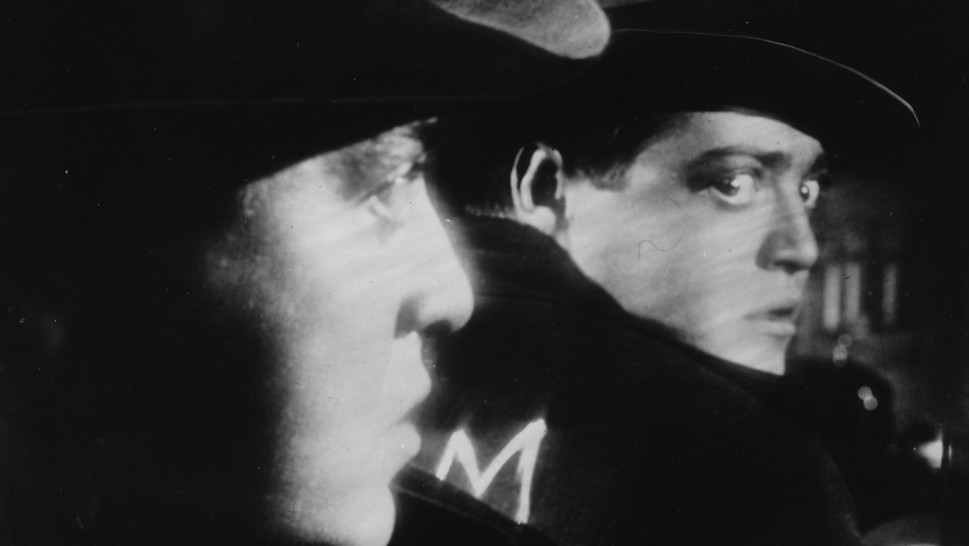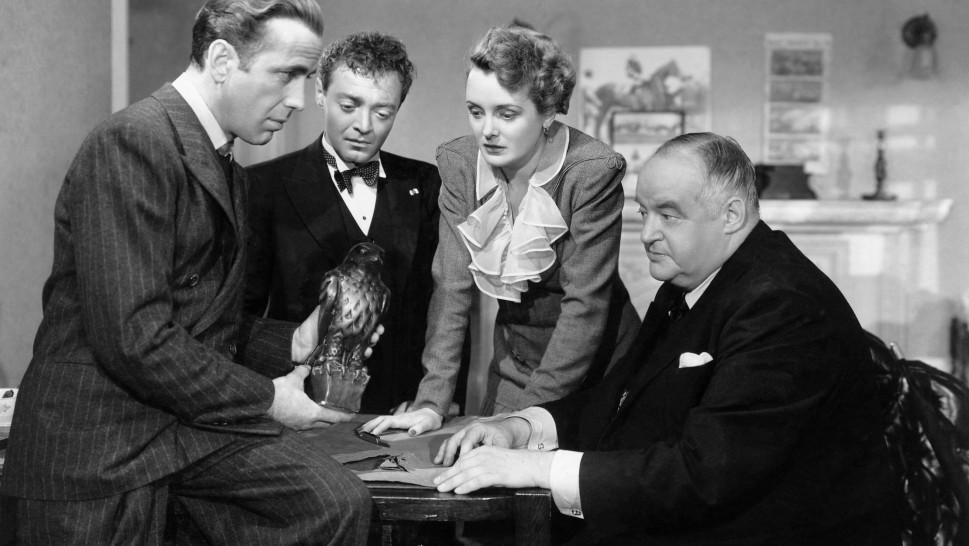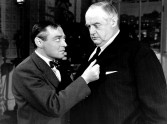



Peter Lorre. A Sinister Centennial
One of the great character actors of Hollywood cinema, Hungarian-born Peter Lorre (born in June 1904 as Ladislav Loewenstein) left his family home at the age of seventeen and traveled through Switzerland and Austria before settling in Germany, where he became a favorite of playwright Bertolt Brecht. Although he preferred working in comedy, Lorre made his film breakthrough portraying a child murderer in M (1931) and quickly became typecast as a screen villain. When Hitler ascended to power in 1933, Lorre, a Jew, fled first to Paris where he worked with G.W. Pabst, then to London, where he appeared in his first English-language film, Hitchcock's The Man Who Knew Too Much (1934). Upon his arrival in Hollywood, Lorre was cast in roles calling for varying degrees of madness, such as the love-obsessed surgeon in Mad Love (1935) and the existentialist killer in Dostoevsky’s Crime and Punishment (1935). Signed to a contract with Fox in 1936, Lorre asked for and received a chance to play a good guy for a change in the controversial Mr. Moto series. While under contract with Warner Brothers, Lorre played a hapless foil to Humphrey Bogart in The Maltese Falcon (1941), Casablanca (1942), and Passage to Marseille (1944). Director Jean Negulesco fought bitterly with the studio brass for permission to cast Lorre as the sympathetic leading man in The Mask of Dimitrios (1944), in which he gave one of his finest and subtlest performances. In 1951, Lorre briefly returned to Germany, where he directed and starred in the postwar psychological drama Der Verlorene (The Lost One). Soon after, he returned to Hollywood to reteam with John Huston on Beat the Devil (1953), a burlesque of his own Maltese Falcon. Apart from a few minor sidekick roles, Lorre ended up working in horror films, most notably Roger Corman’s The Raven. This program provides a small sampling of the diverse talents of this gifted actor.






















